Ukraine One Year Later: the impact of the war on agricultural markets and food security
One year after Russia invaded Ukraine, the war continues to affect global markets. World stock levels remain tight, and while prices have fallen back to pre-war levels, much uncertainty remains. This seminar will examine how the war has affected global markets, particularly wheat markets. Speakers will discuss the war’s impacts on Ukraine’s producers, wheat buyers and importers in the MENA region, and households in Egypt and Yemen. In addition, the discussion will address export restrictions and sanctions that have exacerbated price levels and volatility.
Impacts of Global Shocks on Poverty, Hunger, and Diets
Please join us for a presentation by Xinshen Diao and James Thurlow with the International Food Policy Research Institute (IFPRI) on their latest round of country impact modeling.
This analysis examines the impact of recent and potential global shocks on poverty, hunger, and diets across 17 countries. These shocks include the COVID-19 pandemic, high global commodity prices, and a potential global economic slowdown in 2023.
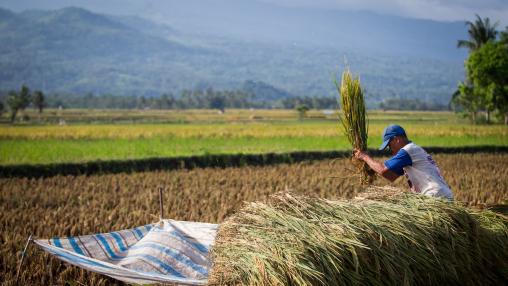
Food, fertilizer prices fall, but concerns over inflation remain
Food prices fell by 0.8 percent in January, according to the FAO Food Price Index. This latest decline brings the Index to the lowest point seen since its peak in March 2022.
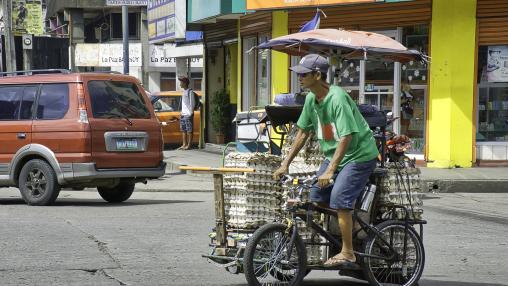
Is food price inflation really subsiding?
Almost a year after the February 2022 Russian invasion in Ukraine, fears of a period of sustained high global food prices have subsided somewhat, but eight major concerns for food security remain.
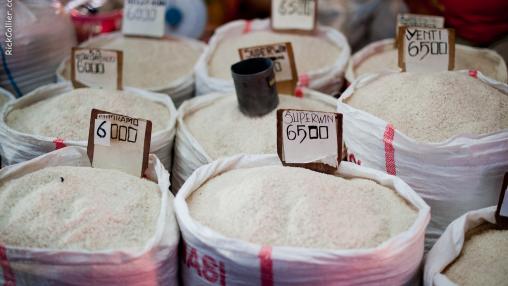
Cereal, Vegetable Oil Prices Reached Record High in 2022: FAO Food Price Index
The FAO Food Price Index continued its nine-month decline in December 2022, falling by an additional 1.9 percent. The decline was driven mostly by falling vegetable oil, cereal, and meat prices. However, overall in 2022, the Index was over 14 percent higher than its 2021 level, reflecting continued high prices driven by conflict, climate, and market concerns.
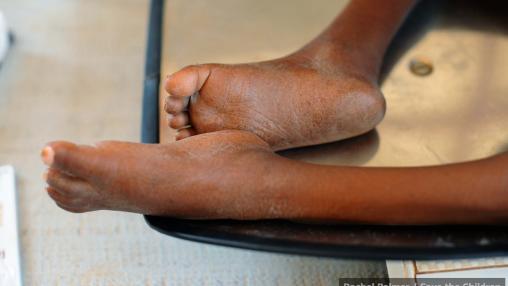
The global food price crisis threatens to cause a global nutrition crisis: New evidence from 1.27 million young children on the effects of inflation
Frequent food crises with spiking prices have become the new normal in the 21st century, bringing urgency to the task of understanding their nutritional impacts on poor and food insecure populations. In a new analysis of 1.27 million children in 44 low- and middle-income countries (LMICs) we show that exposure to food inflation in the womb and first years of life is associated with greater risks of child wasting in the short run and stunting in the long run.

FAO Food Price Index Released
The FAO Food Price Index held steady in November and was only 0.3 percent above its November 2021 level. Rising vegetable oil prices were checked by declines in cereal prices.
Food Price Monitor
The dashboard tracks international and domestic food prices and key determinants, enabling users to monitor trends, volatility, and drivers of price changes.
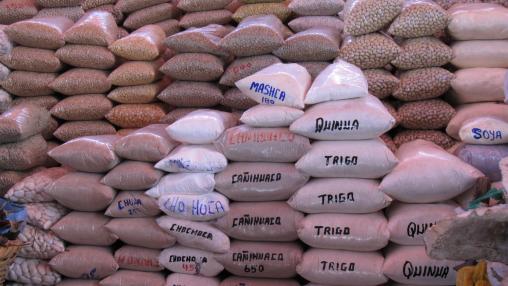
FAO Food Outlook Sees Surging Food, Agricultural Import Bills
The latest Food and Agriculture Organization of the United Nations (FAO) Food Outlook, released on November 11, 2022, sees continued challenges for global food security due to high energy and fertilizer costs, climate change, trade restrictions, economic downturns, and continuing conflicts around the world.

Addressing the food crisis in Yemen: The private sector’s key role amid local conflict and global market disruptions from the Russia-Ukraine war
The Yemen conflict, underway since early 2015, has led to an ongoing, unprecedented humanitarian emergency. Food needs far exceed current consumption levels, with 3.5 million pregnant or breastfeeding women and children under 5 suffering from acute malnutrition and up to 19 million people affected by food insecurity in 2022.